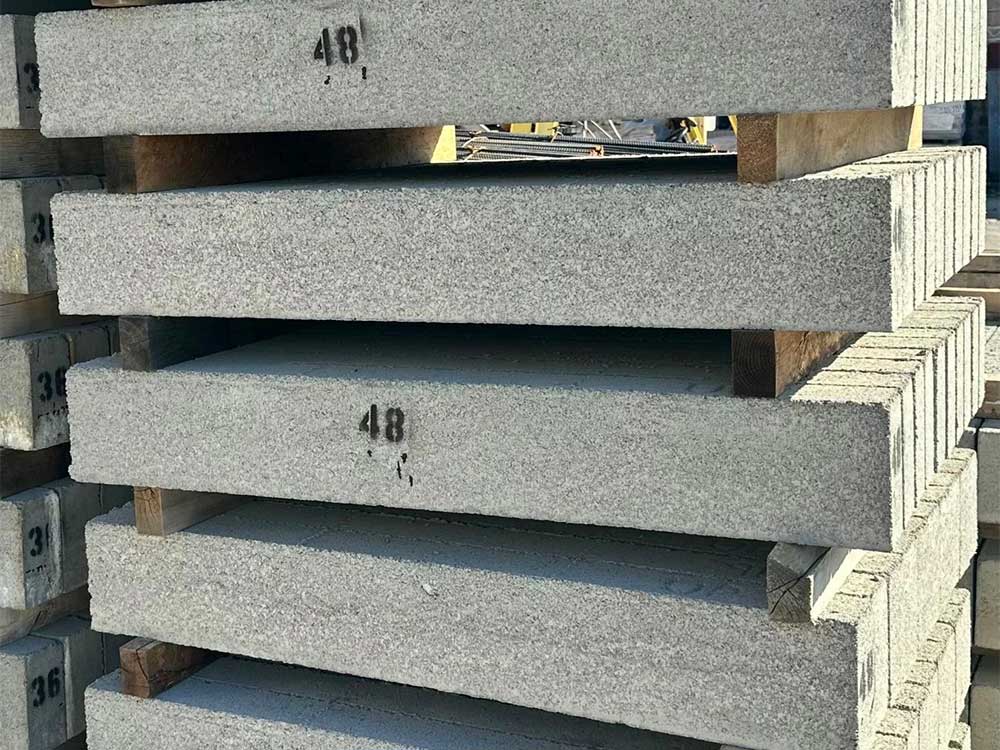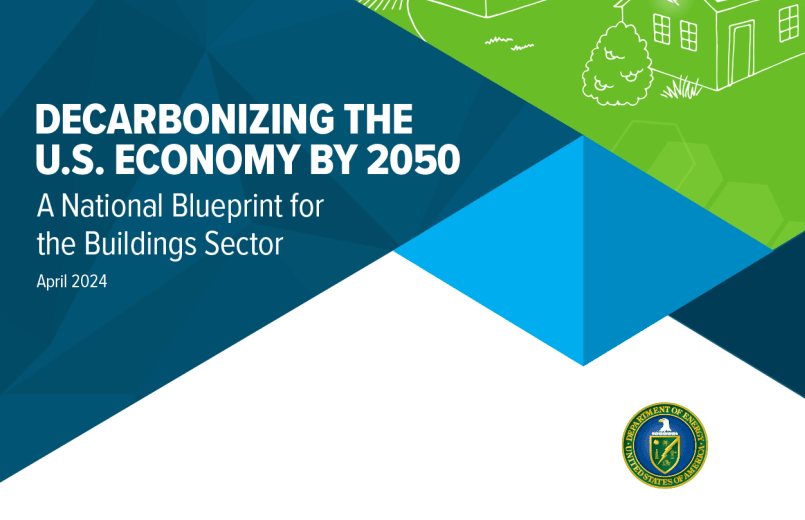Is Fiberglass Rebar More Affordable Than Steel?
Research that studied the efficacy of Glass Fiber Reinforced Polymer (GFRP) confirmed that GFRP is the solution to strengthened concrete technology. This composite bar, which has load-bearing fibers embedded in a resin matrix, is celebrated for its non-corrosive nature. The increasing demand for fiberglass rebar points toward its popularity as an alternative material to steel rebar. Although steel rebar has high tensile strength, it is heavy and difficult to transport and cut. Furthermore, steel easily corrodes (rusts) and requires protective coatings or even rehabilitation in the long run. So, here’s a look at how fiberglass rebar is more affordable than steel.
Costs Less to Install
Although there are other commercial alternatives to steel, they were unfavorable in the past due to their costs. With the rising costs of steel and the falling costs of producing fiberglass, fiberglass rebar is now priced lower than steel.
In addition to the lower cost of material, using fiberglass rebar also cuts down labor costs and costs of installation. Being lighter and easier to handle means cost savings in freight and transportation, where services are priced by weight. Their non-corrosive quality means there is no need for waterproofing, epoxy coating, or cathodic protection, which translates to lesser costs and labor needed for installation. Its rigidity and strength reduce damage while loading or unloading the material.
Fiberglass rebar is also non-magnetic and non-conductive. It can be safely used without further adaptation for electromagnetic-sensitive projects at medical and scientific facilities. It is not thermally conductive—acting as an insulator—improving the energy efficiency of your structure. In addition, a fiberglass rebar manufacturing facility has a smaller carbon footprint than a steel mill. Choosing fiberglass rebar saves money and our environment.
Lower or Zero Maintenance Costs
Unlike steel which requires maintenance or even overhauls to strengthen rusty areas, there is almost no maintenance for fiberglass rebar. Steel rebar is prone to corrosion or oxidation when exposed to salts, aggressive chemicals, and moisture. When this happens, steel rebar swells, increasing the tensile load on the concrete. As it corrodes, the concrete cracks, creating openings that lead to more and quicker deterioration of the steel and concrete. If costly maintenance and repair work is not carried out, it can jeopardize the structure’s structural integrity. Fiberglass rebar does not corrode, eliminating the need for future repairs and saving costs and trouble.
Longer Lasting
Fiberglass rebar has 100+ years of service life. It is made to reinforce concrete and engineered to stay that way for centuries. It is an effective way to extend the service life of any project. With proper design and planning at the start of projects, using fiberglass rebar reduces costs and expenses in the long run.
Fiberglass is made to withstand a 20x higher resistance than steel rebar with other qualities such as increased fatigue and high chemical resistance. It is also highly resistant to alkaline environments and chemicals, such as de-icing salts. It is a material that can deliver high performance even in freeze-thaw climates, excellent for use in coastal areas and cold temperatures.

VP of Business DevelopmentAaron Fisher
Latest News
4 Features That Makes Masonry Supply Company Stand Out
A masonry supply company plays a crucial role in the success of construction projects, providing essential materials and expertise to […]

Choosing The Right Size Lintel For Your Project
Determining the correct size of a lintel is critical for the stability and longevity of your construction project. A lintel […]

Data Misses on Embodied Carbon
There is significant urgency to avoid, reduce, or even reverse the emissions of greenhouse gases (CO2e) to avoid the worst […]

4 Masonry Tools You Should Have At Home
Effective and efficient masonry work, whether for repairs or new projects, requires the right tools. At home, having a basic […]
